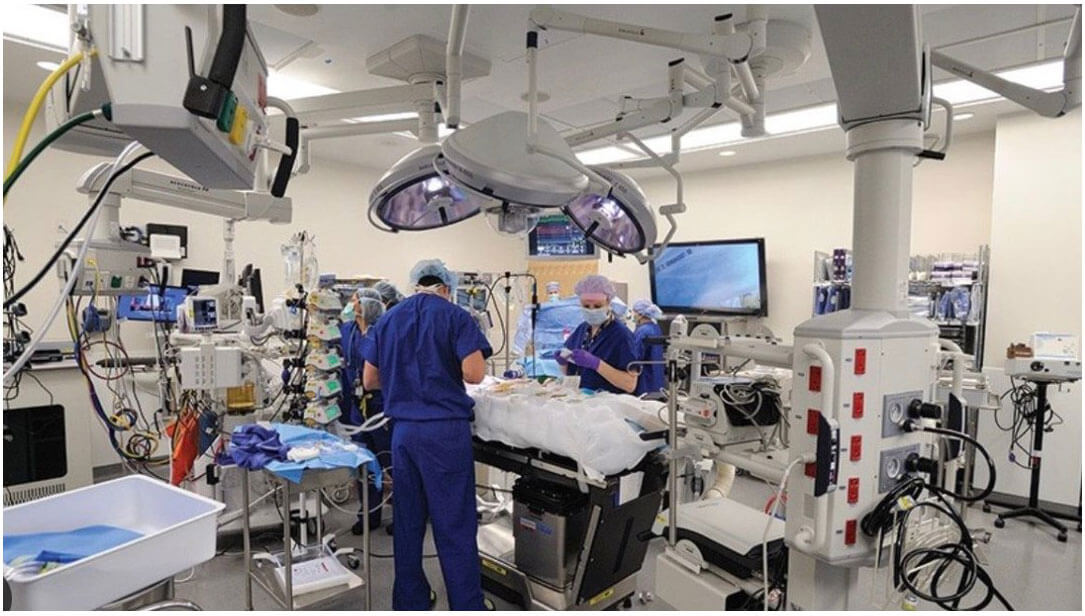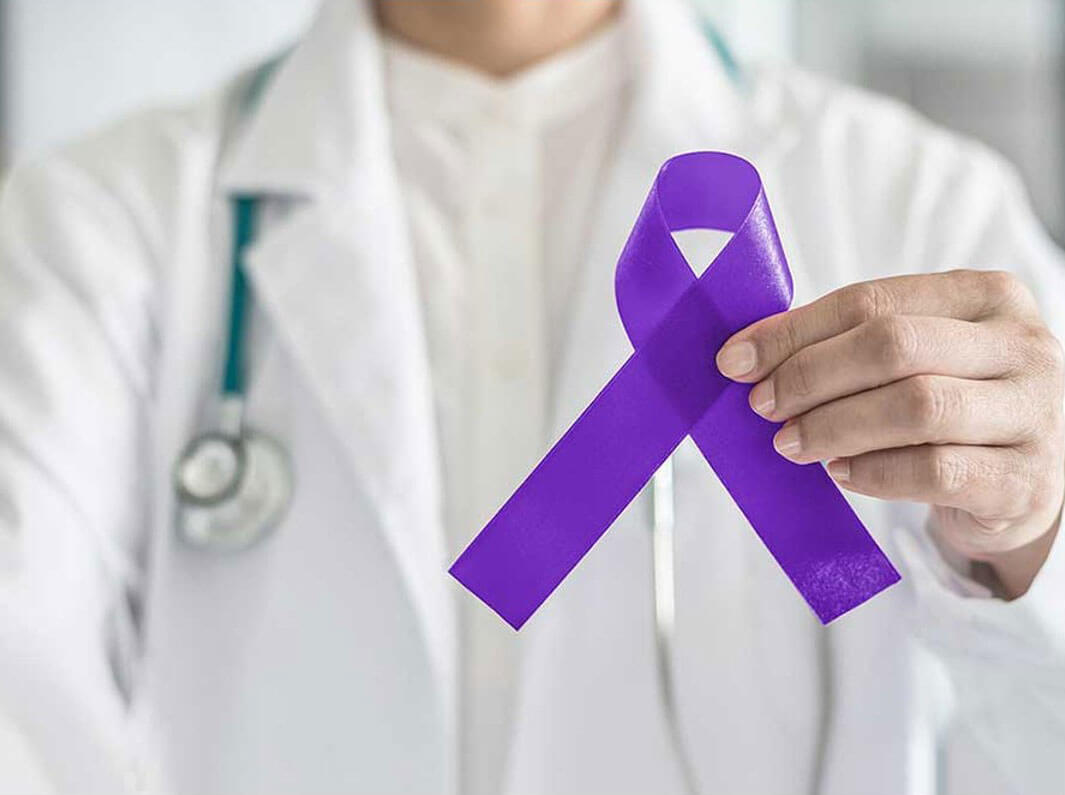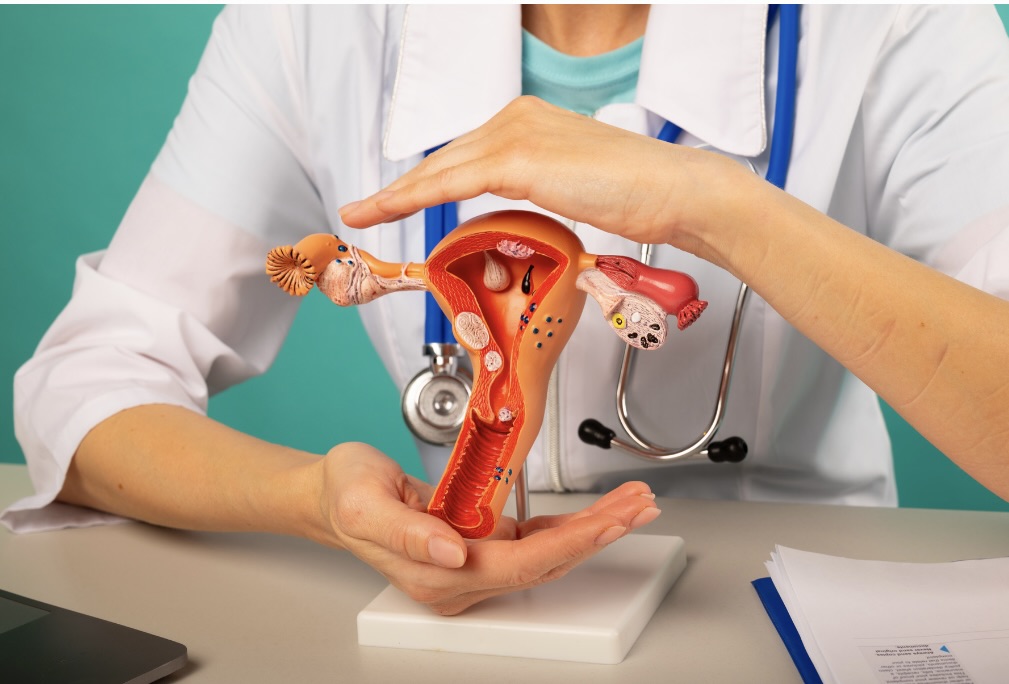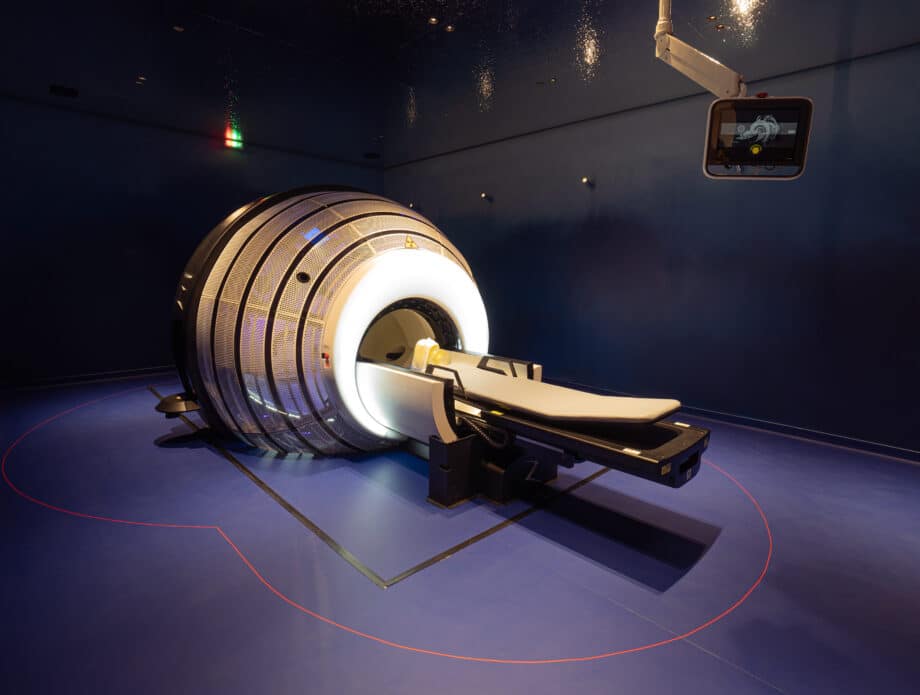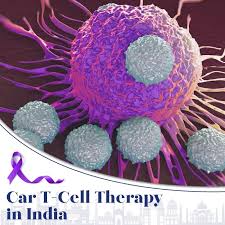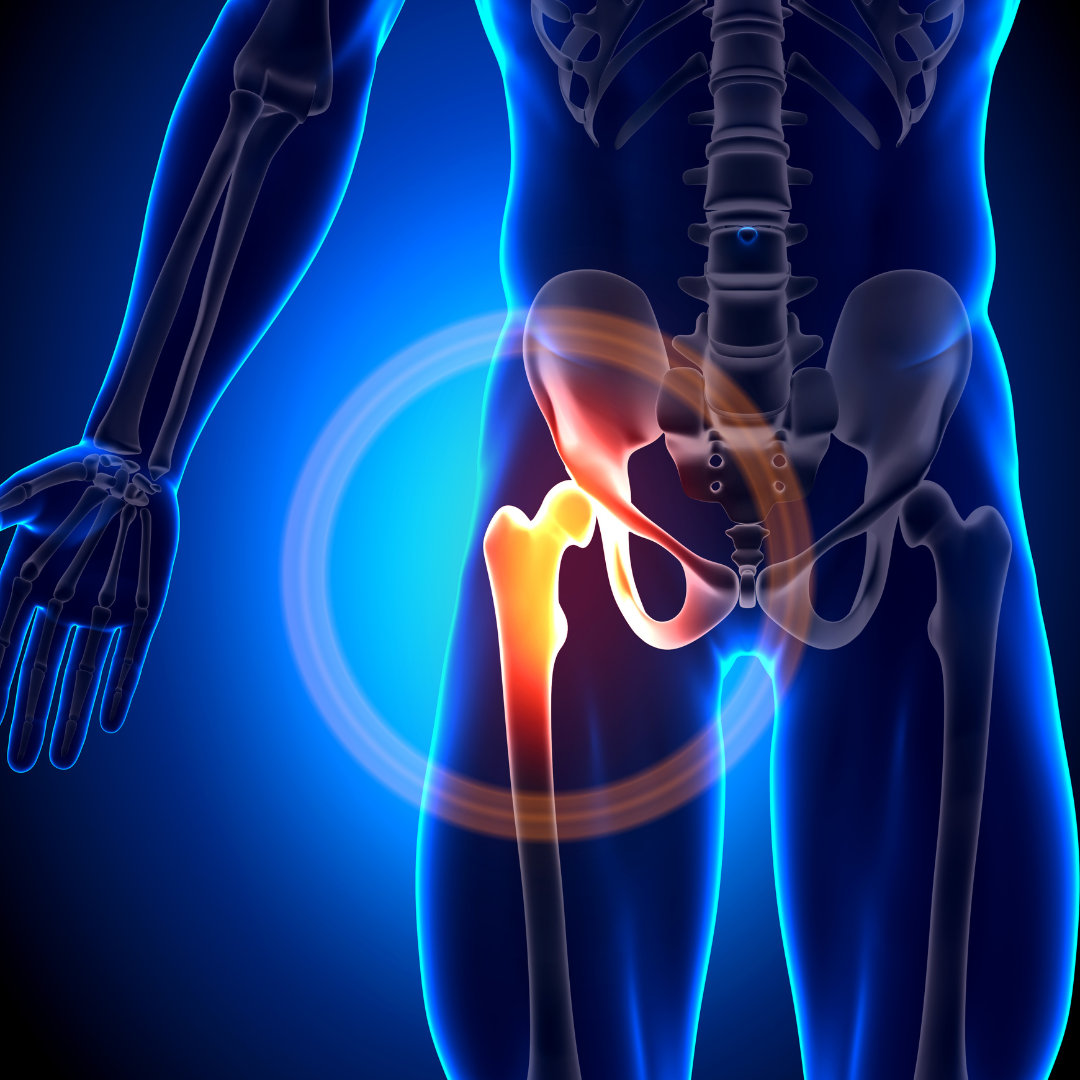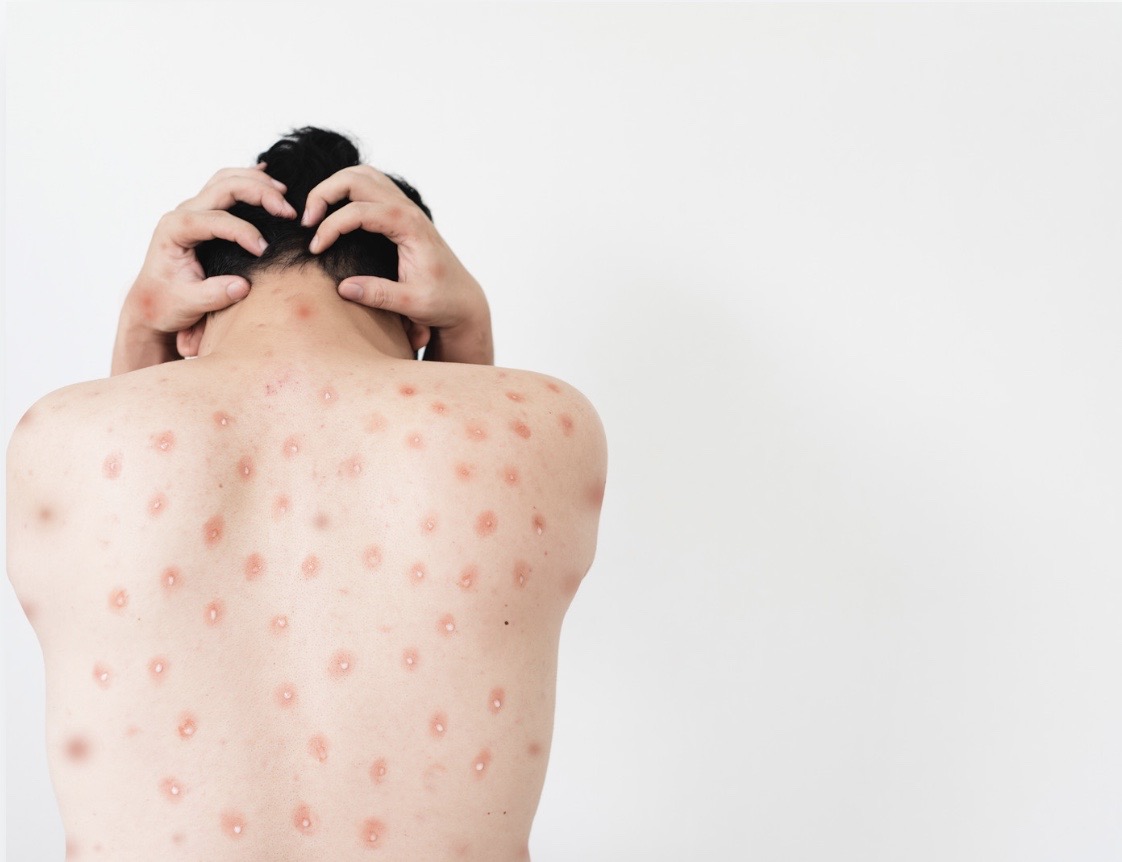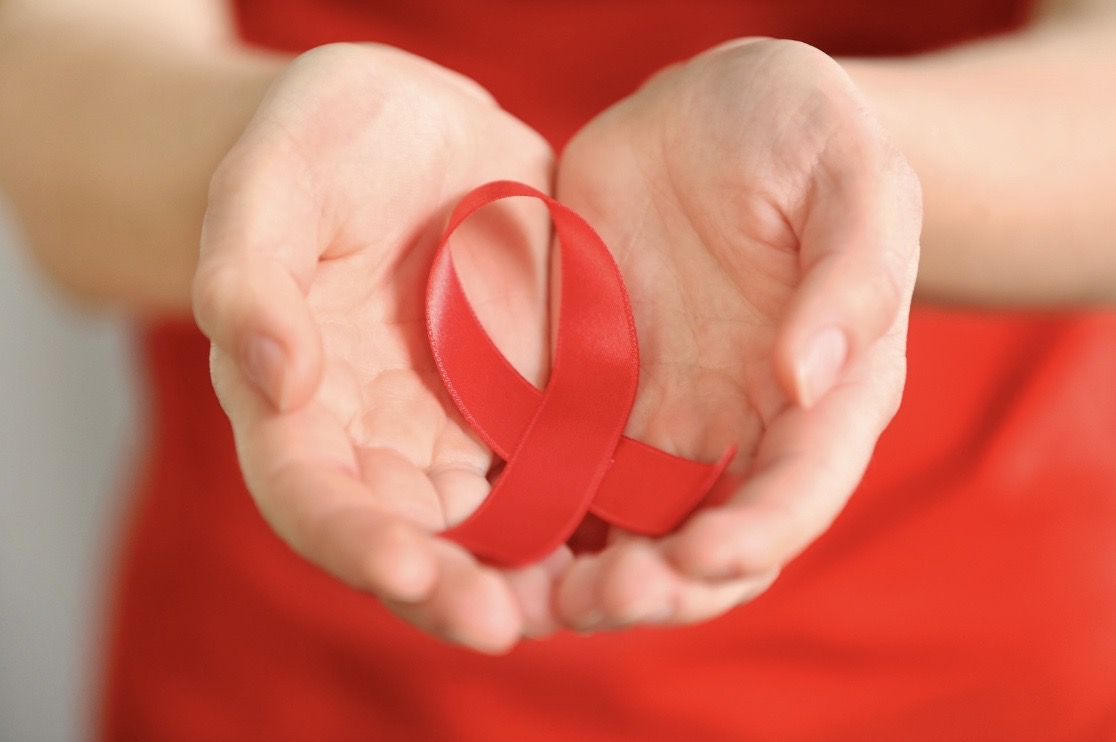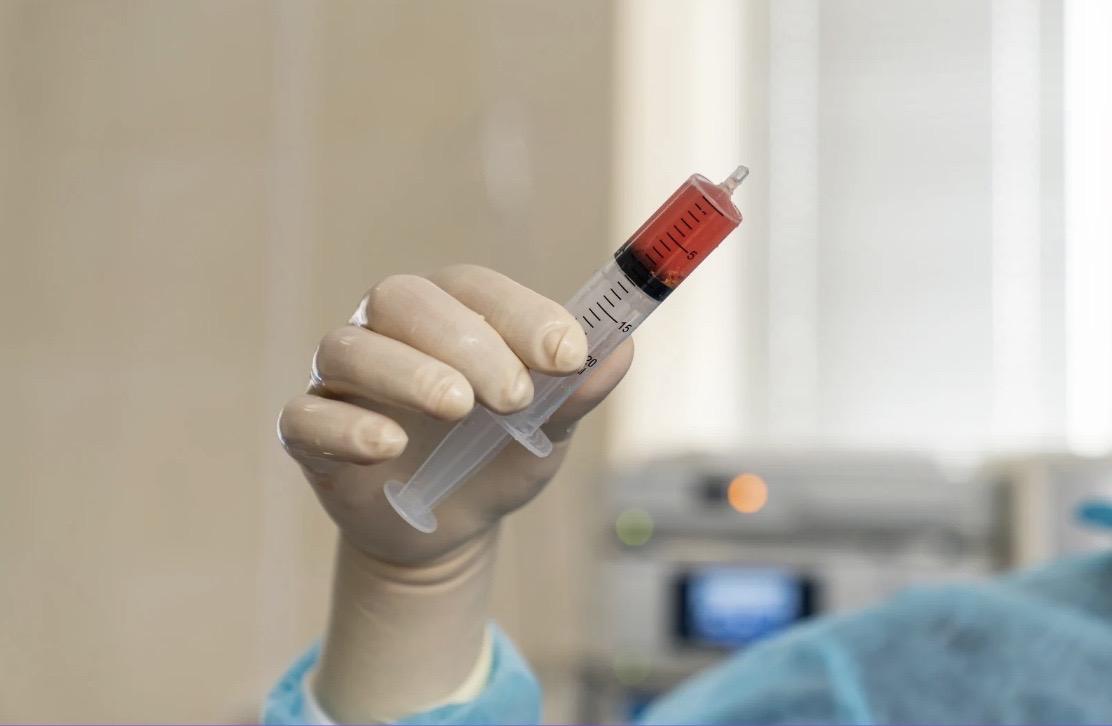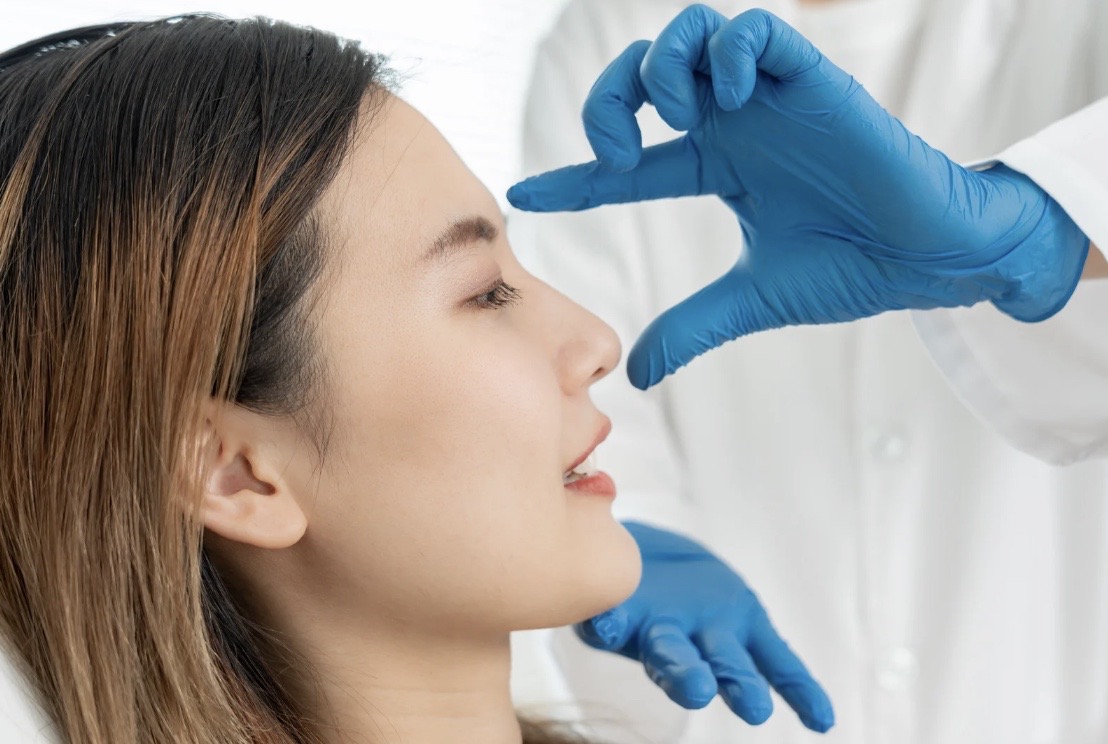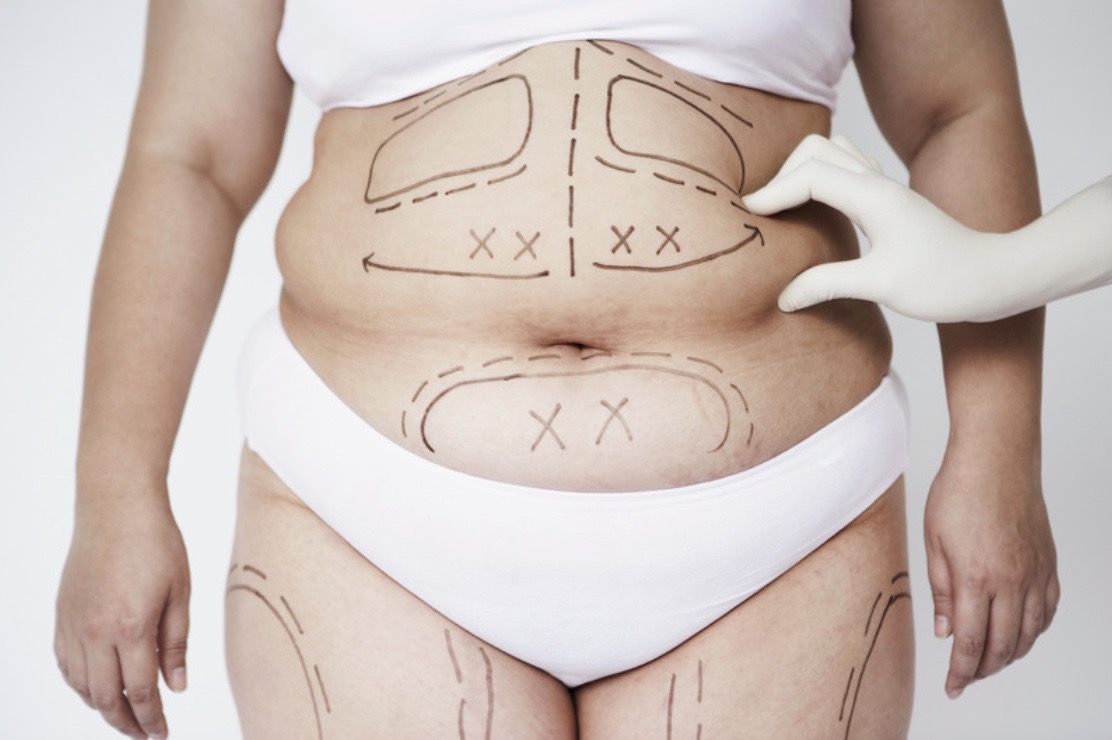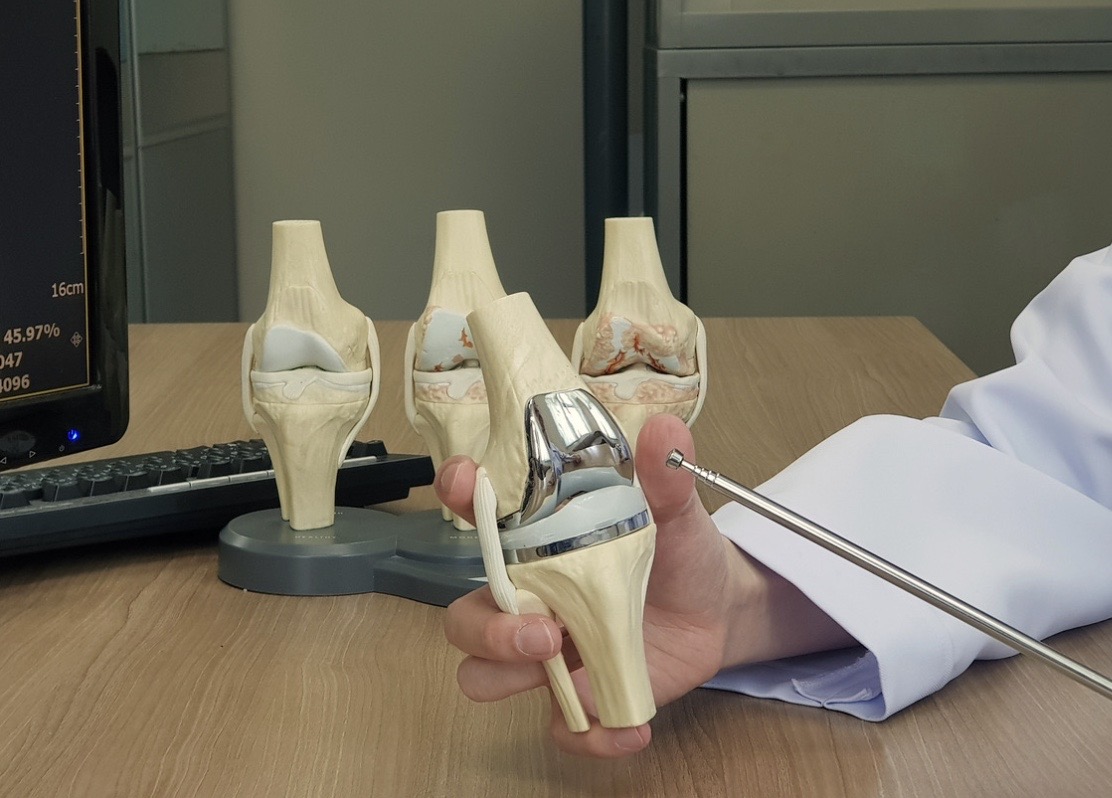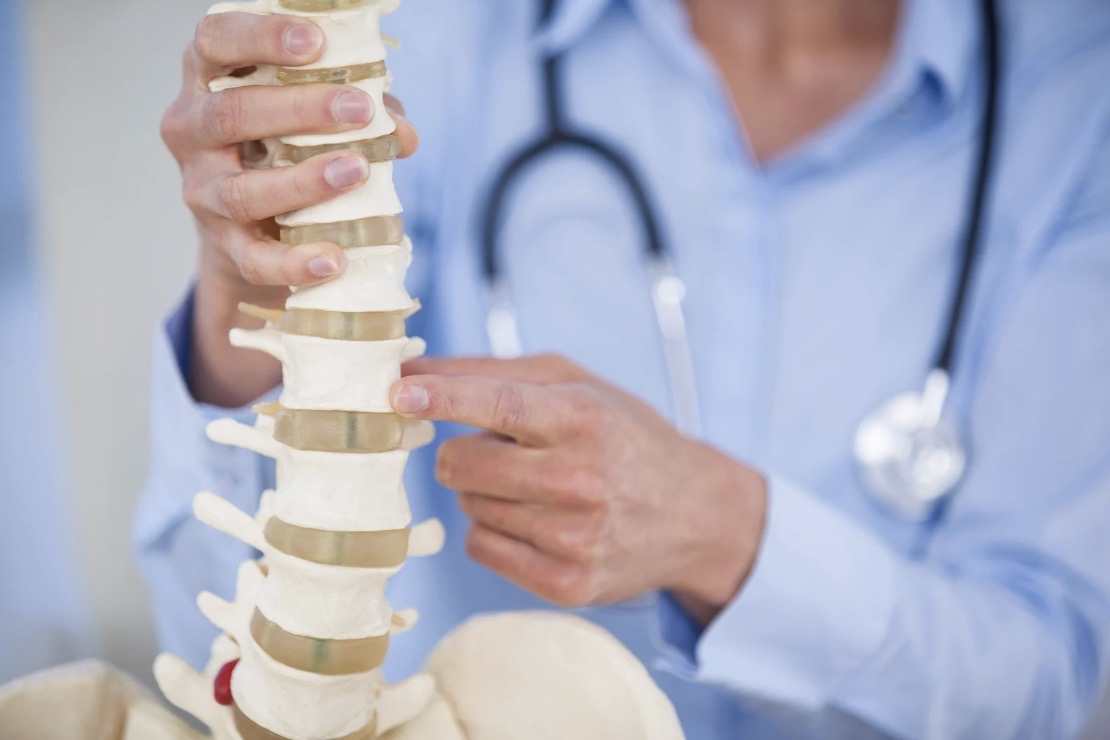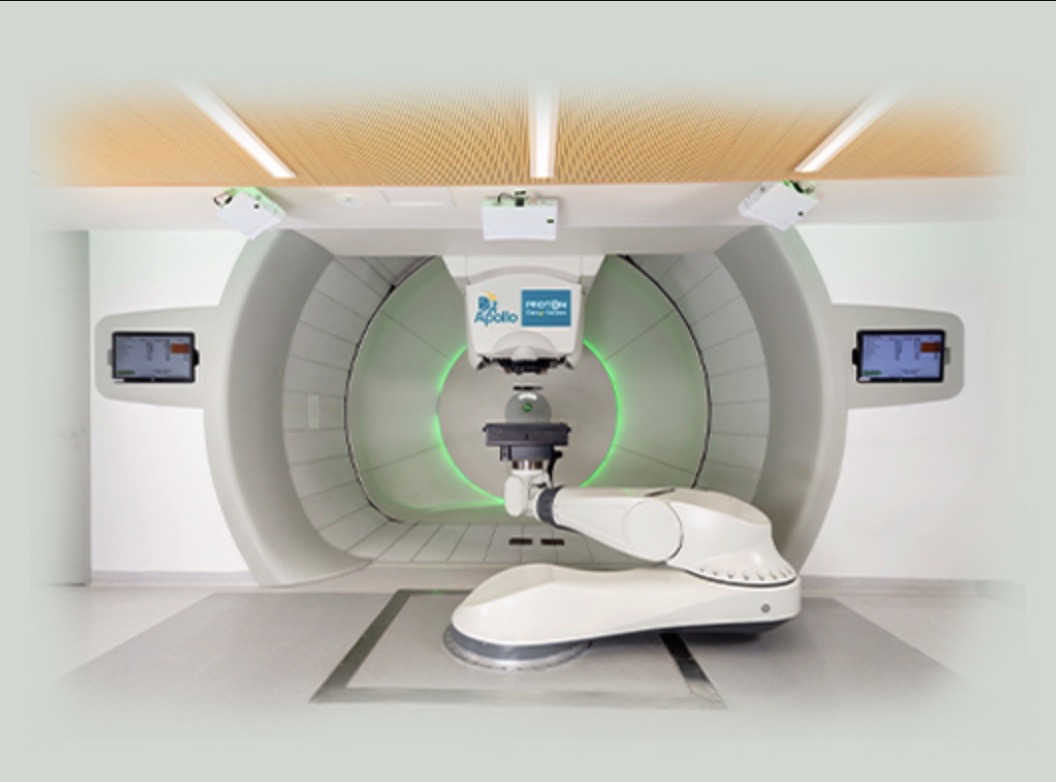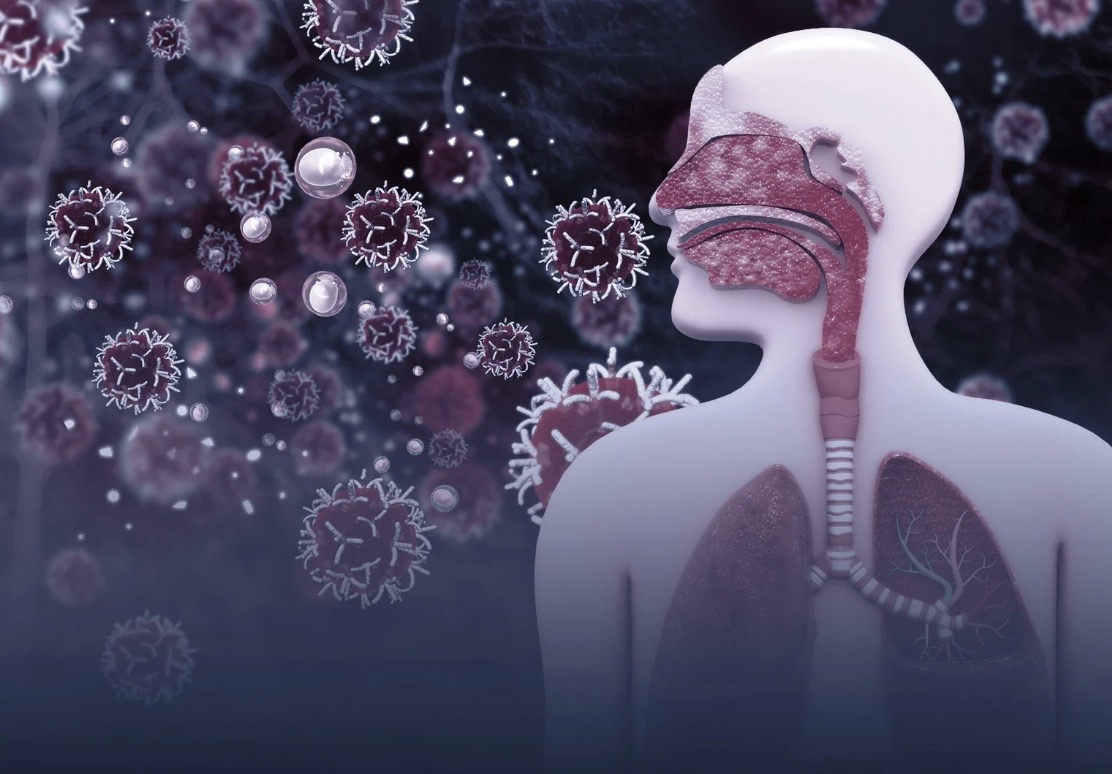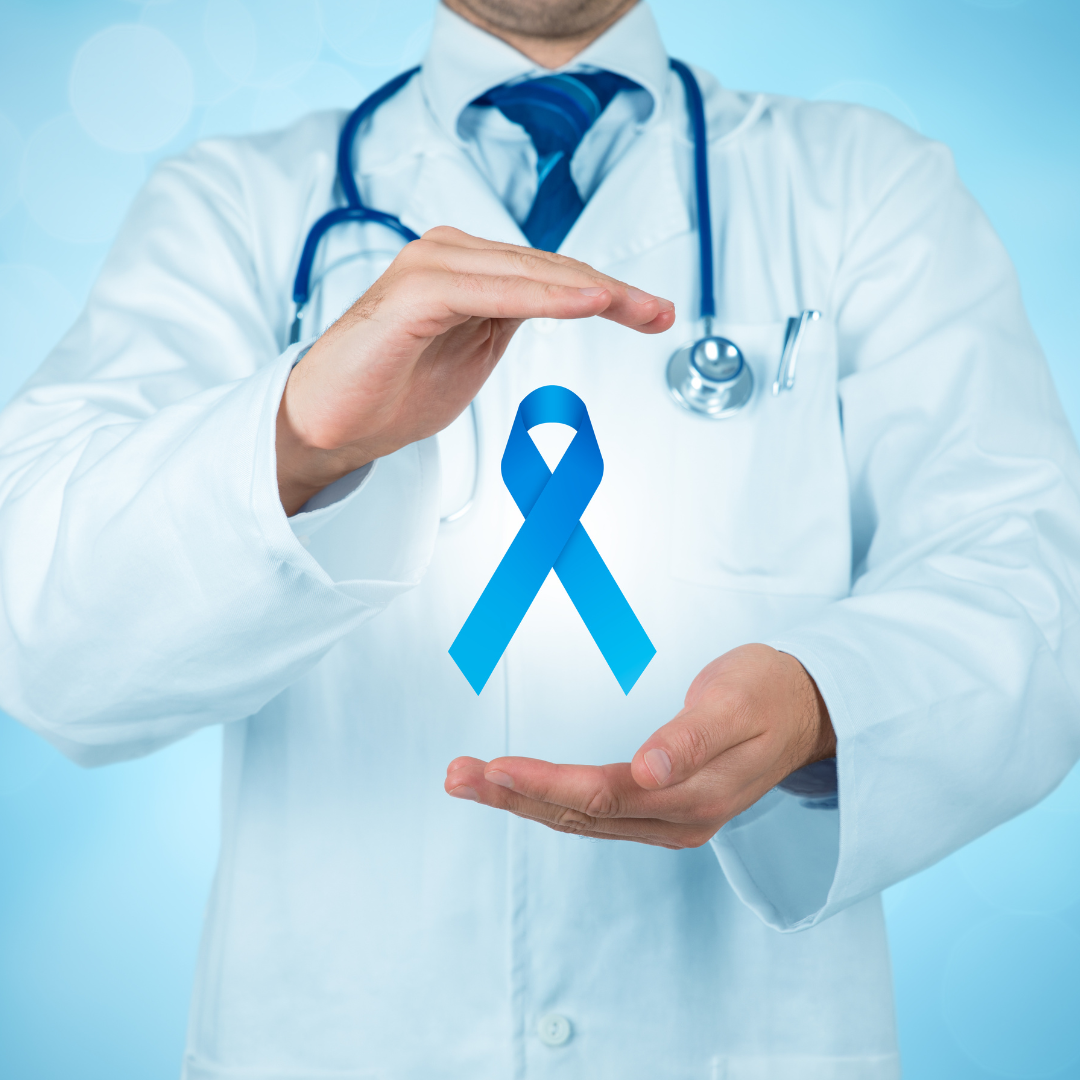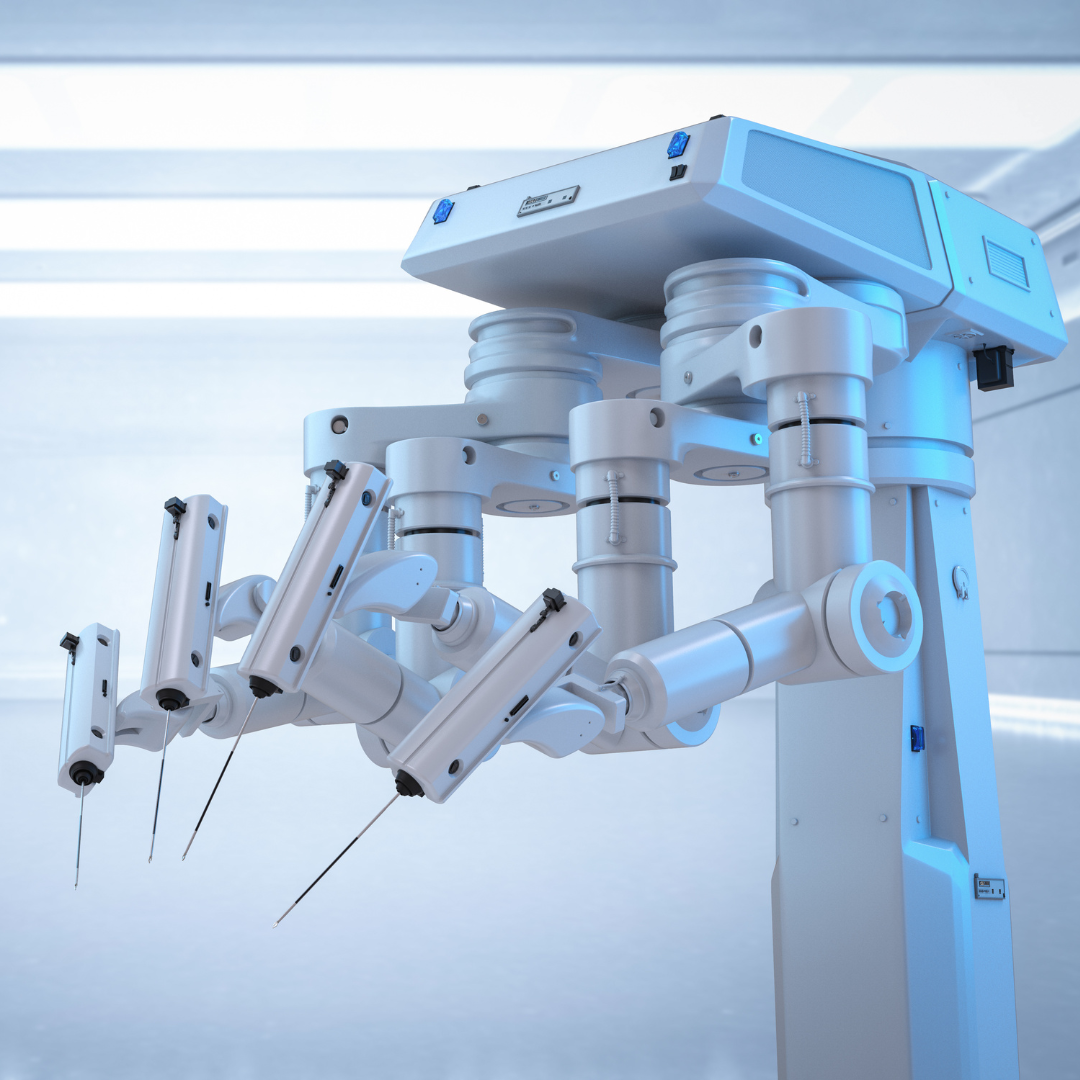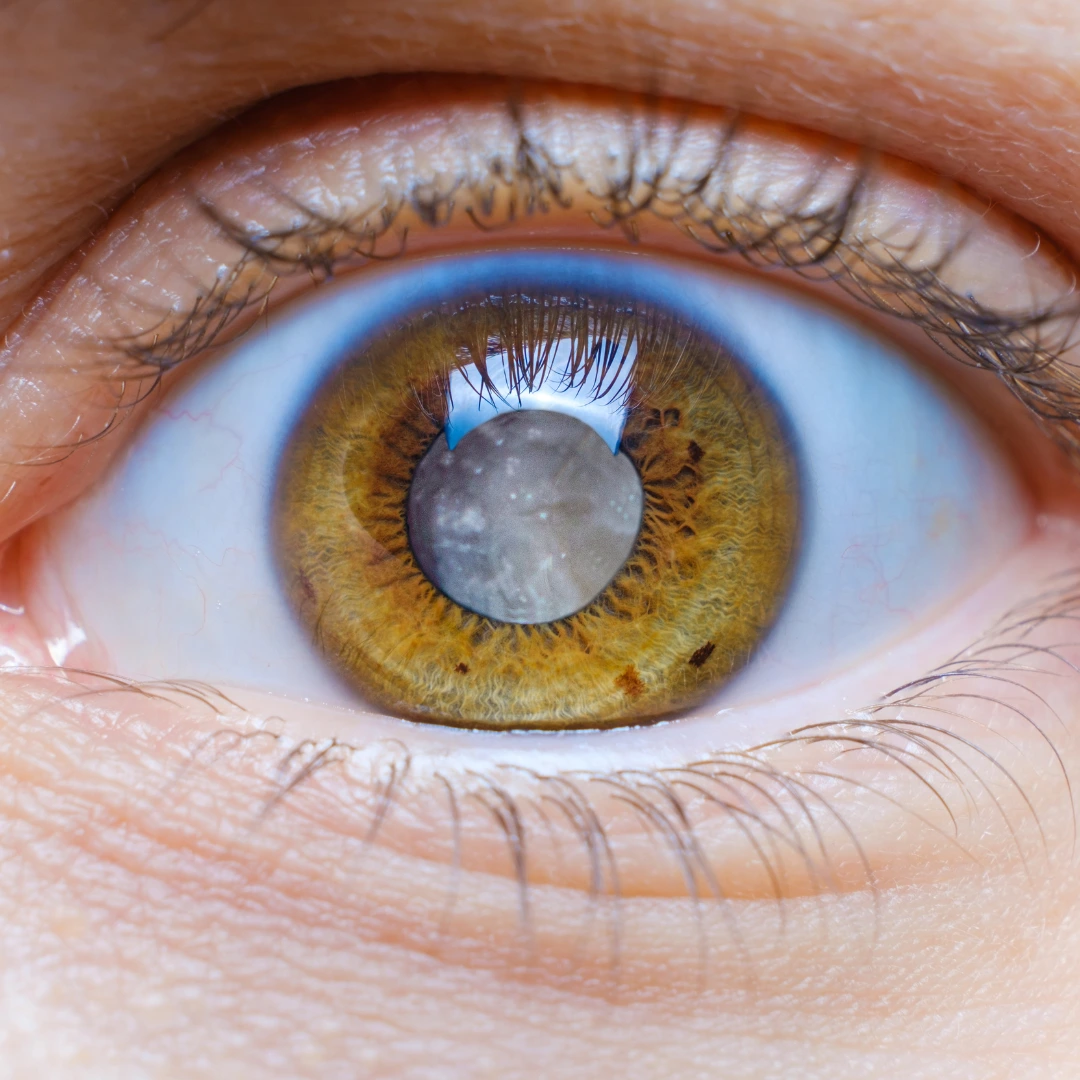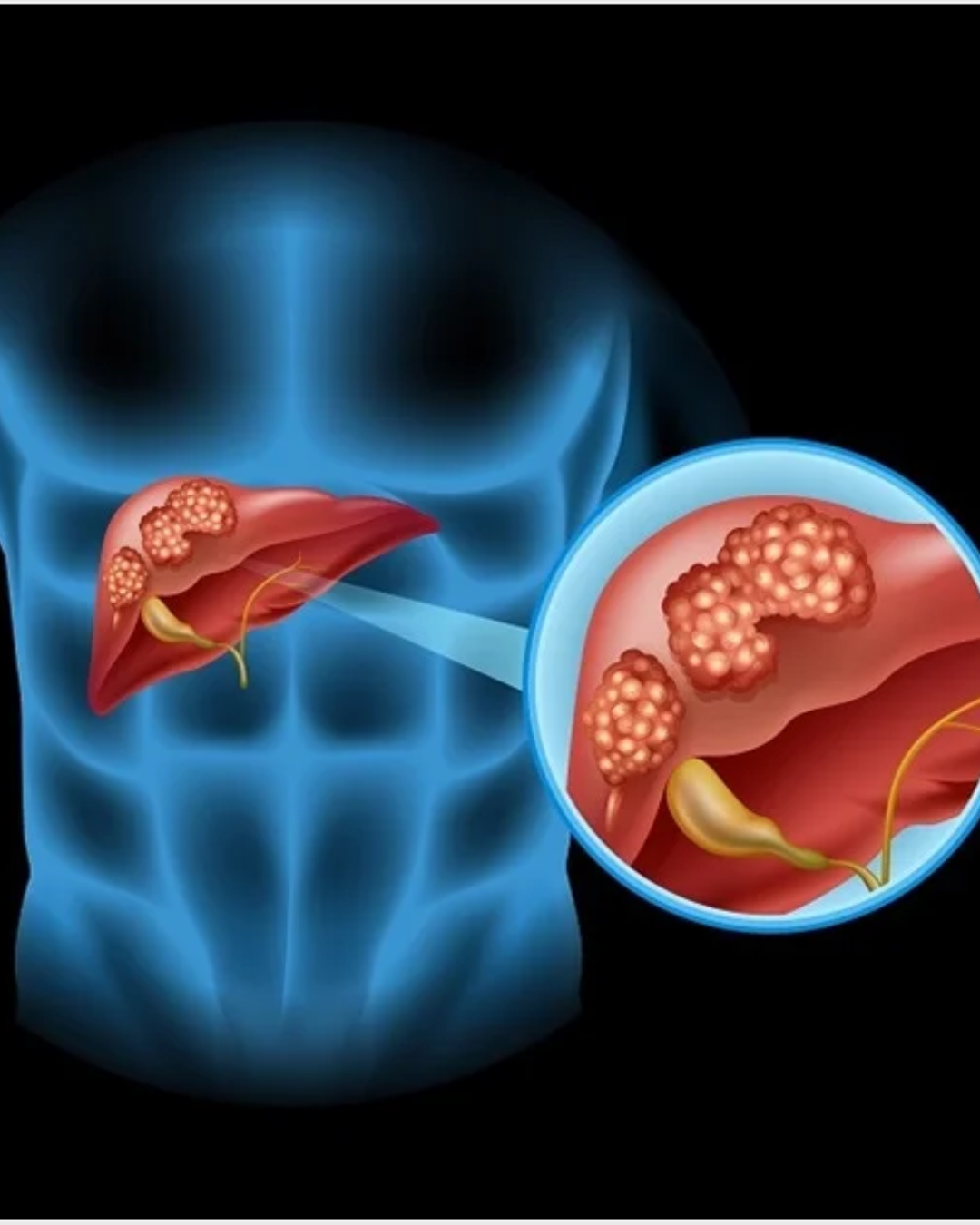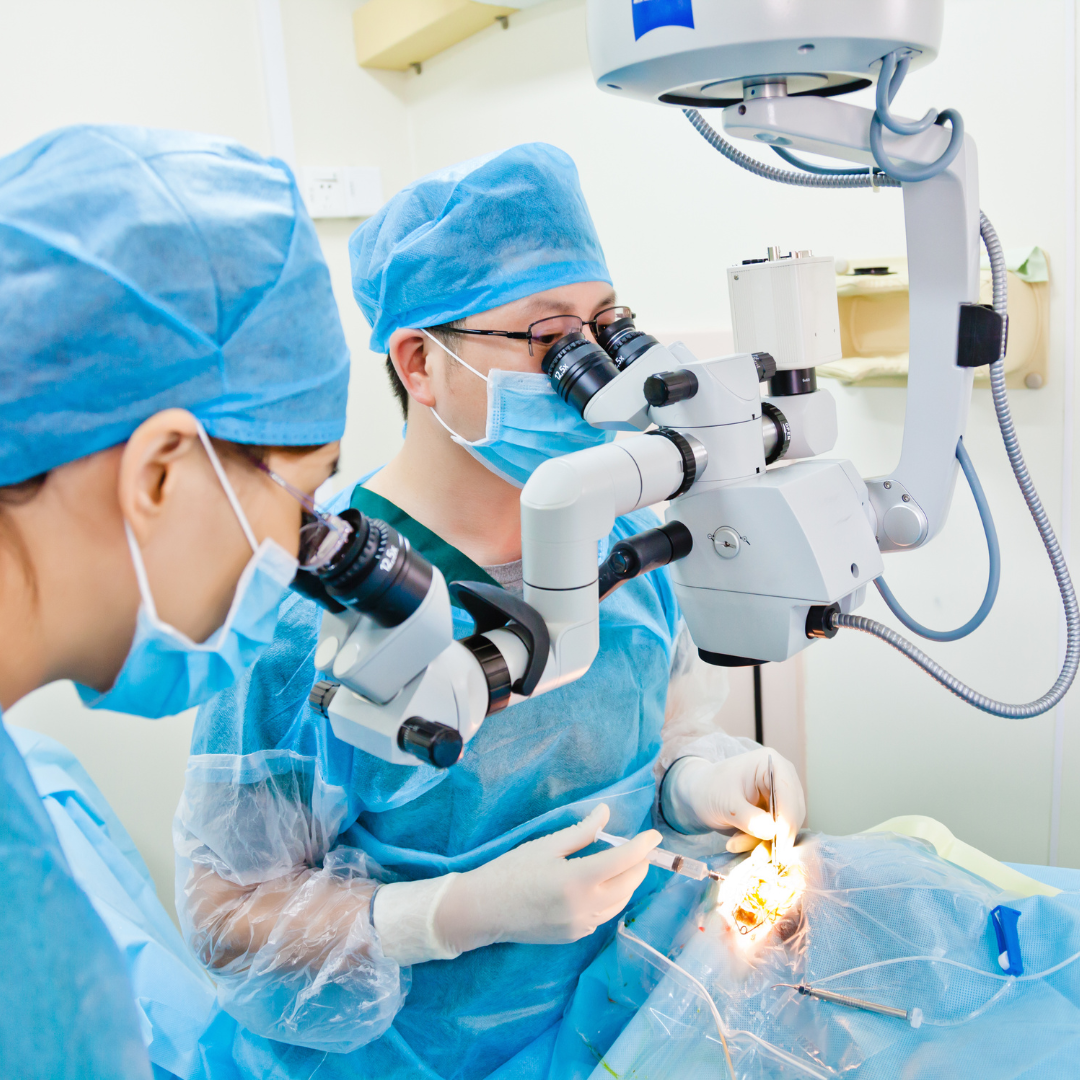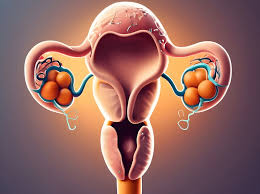
Polycystic Ovarian Disease (PCOD): Understanding the Condition and Treatment Options
Polycystic Ovarian Syndrome (PCOS), also known as Polycystic Ovarian Disease (PCOD), is a Hormonal disorder very common in reproductive women. Multiple cysts on the ovaries are ovarian syndrome symptoms, and these ovarian syndrome symptoms can affect health and women's quality of life. This article will help you explore the causes, symptoms, diagnosis, and treatment options for Polycystic Ovarian Syndrome, and why India is turning into the number one destination for polycystic ovarian treatment.
What is Polycystic Ovarian Syndrome (PCOS)?
Polycystic Ovarian Syndrome is a condition that occurs as a result of an abnormal amount of androgens (male hormones) that make their way through the ovaries and disrupt the normal menstrual cycle. The form of this hormonal imbalance causes small cysts to develop on the ovaries. However, these cysts themselves are not harmful, but the hormonal imbalance can cause a lot of complications when left untreated.
Polycystic Ovarian Syndrome Causes
The exact cause of polycystic ovarian syndrome is not completely understood, but several factors are believed to contribute to the condition:
Genetic Factors: If you have a family history of PCOS, you’re at a higher risk of developing PCOS yourself.
Insulin Resistance: PCOS is thought to cause some women to become insulin resistant, meaning insulin's effectiveness isn't working well. This results in an overproduction of insulin which then stimulates the ovaries to produce even more androgens, just making the status quo even worse.
Chronic Inflammation: Women with PCOS often have inflammation and it may contribute to the ovary's overproduction of male hormones.
Polycystic Ovarian Syndrome Symptoms
Symptoms of PCOS can range widely in the ovarian syndrome from person to person. Common symptoms include:
Irregular Menstrual Cycles: Irregular ovulation resulting in infrequent, prolonged, or absent periods.
Excess Androgen: Male hormones may be elevated, resulting in typical physical problems such as very bad acne, hirsutism (overgrowth of hair) on the face, chest, and back, or male pattern baldness.
Weight Gain: Insulin resistance can make it more difficult to lose weight for many women with PCOS.
Ovarian Cysts: A characteristic feature of the condition is that multiple small cysts often appear in the ovaries on ultrasound.
Infertility: Irregular ovulation is one of the major causes of infertility in women which makes it difficult for the woman to conceive.
Skin Issues: Acanthosis nigricans (darkening of the skin) and skin tags (small skin growths) that form around the neck, groin, and underarms.
Polycystic Ovarian Syndrome Diagnosis
There is no single test to diagnose PCOS, so doctors rely on a combination of physical exams, blood tests, and imaging studies to confirm the condition:
Medical History: Your doctor will ask you about your menstrual cycle, weight fluctuations, and any symptoms such as acne or overabundance of hair.
Physical Exam: They may include a pelvic exam looking for signs of enlarged ovaries or cysts.
Blood Tests: These measure hormone levels (androgens) and rule out other conditions that may cause similar symptoms.
Ultrasound: A useful diagnostic tool to determine the presence of cysts on the ovaries and their size.
Polycystic Ovarian Syndrome Treatment Options
As polycystic ovarian syndrome has no cure, polycystic ovarian treatment involves reducing long-term risks and treatment of symptoms. The polycystic ovarian treatment depends on those ovarian syndrome symptoms but also depends on whether the patient is trying to become pregnant.
1. Lifestyle Changes
Making lifestyle modifications is often the first step in managing PCOS:
Diet: Insulin levels and weight can be balanced or controlled with a diet that is low in sugar.
Exercise: Insulin sensitivity is improved and symptoms are reduced by regular physical activity.
2. Medications
Several medications are available to help control ovarian syndrome symptoms:
Birth Control Pills: They help to regulate periods, reduce androgen levels, and can help with symptoms such as acne and excessive hair growth.
Metformin: Metformin is commonly prescribed for weight management as well as ovulation stimulation.
Fertility Medications: Women who are trying to conceive can stimulate ovulation with drugs, such as clomiphene or letrozole.
Anti-Androgen Medications: Spironolactone reduces excess hair growth and acne.
3. Surgical Options
It may be that laparoscopic ovarian drilling is recommended in some cases. Small holes are made in the ovaries to decrease the amount of androgen produced and to encourage ovulation.
Polycystic Ovarian Treatment in India: A Top Destination for Care
India is quickly becoming a major destination for medical tourism in terms of polycystic ovarian treatment as well as managing polycystic ovarian syndrome. Some reasons why India is a top choice:
1. Top Class Hospitals and Urologist expertise
International hospitals in India are accredited and equipped with state-of-the-art, specialized urologist doctor of women. Some of the best urologist hospital in India provide patients who are also seeking polycystic ovarian treatment.
2. Skilled Urologist Doctors
Some of the best urologist in India who help in treating hormonal disorders like PCOS are gynecologists and urologiss doctor, based on which they are widely recognized for their expertise. Most of them are trained in the best medical centers in the world, which guarantee high quality and excellent patient.
3. Affordable Treatment
Polycystic ovarian treatment in India is cheaper than it is in most Western countries. India is a destination for millions of international patients who choose to receive high-quality medical services at urologist hospital at affordable prices.
4. Quick Access to Treatment
Patients in India, more often than not are not kept waiting for their consultation, diagnostics, or polycystic ovarian treatment and are intervened quickly.
5. Emerging Comprehensive Care & Support
In India, urologist hospital provides services for PCOS, consultations; medical treatment; lifestyle support; nutritional advice, and so on to provide polycystic ovarian treatment to women suffering from PCOS.
Accessing PCOD Treatment in India with Medotil
Medotil (www.medotil.com) is very much into connecting international patients with urologist hospital in India for polycystic ovarian treatment. Here’s how we can help:
Personalized Treatment Plans: Designed to provide the support needed for individuals with medical issues such as PCOS, or challenges from urologist doctors.
Travel Assistance: We help with visa processing and assisting with travel arrangements so our patient has a smooth medical journey to India.
Comprehensive Support: Our support includes all that goes from diagnosis to after-treatment care.
Conclusion
Though still rare, Polycystic Ovarian Syndrome (PCOS) is a manageable condition and most women can live healthy, happy lives with the right treatment. Polycystic ovarian treatment is ideal in India because of its advanced urologist hospital, best urologist in India, and affordable cost. So whether you want to manage the syndrome symptoms caused due to ovarian cysts or find the best urologist in India, ovarian syndrome treatment comes as an easy task in India.


